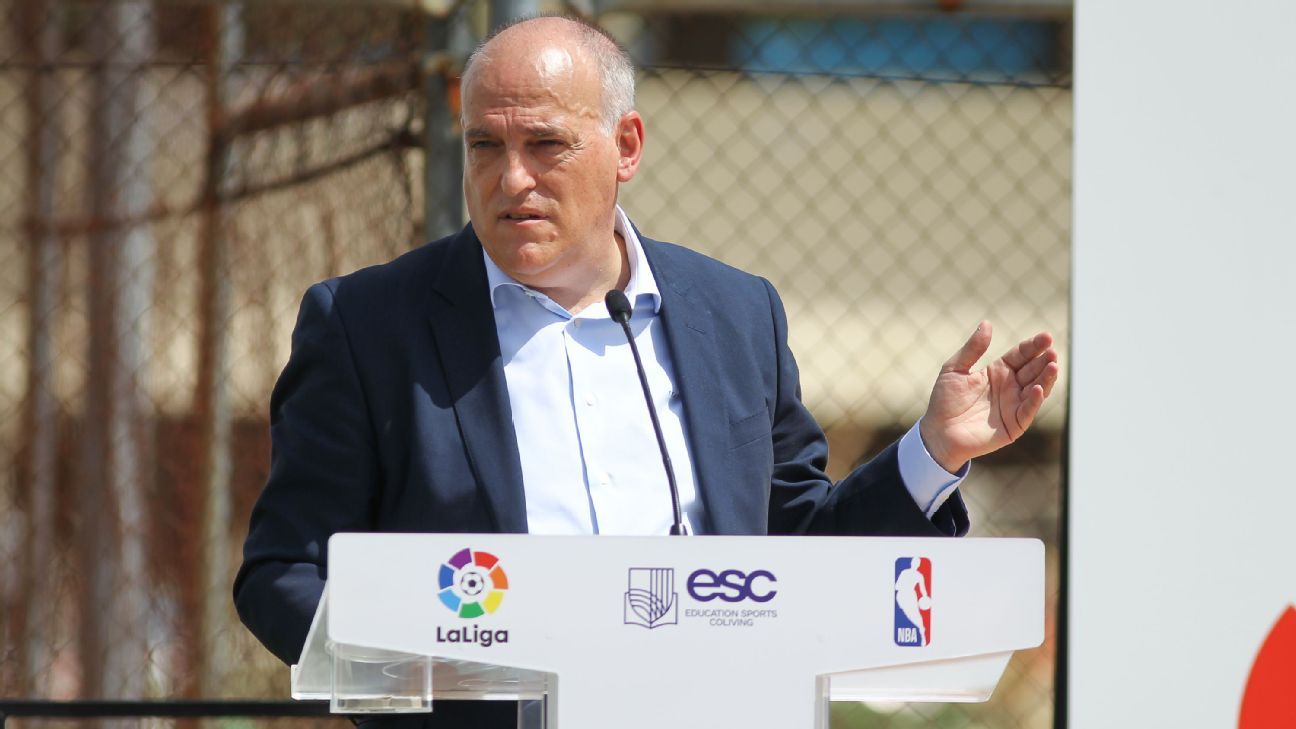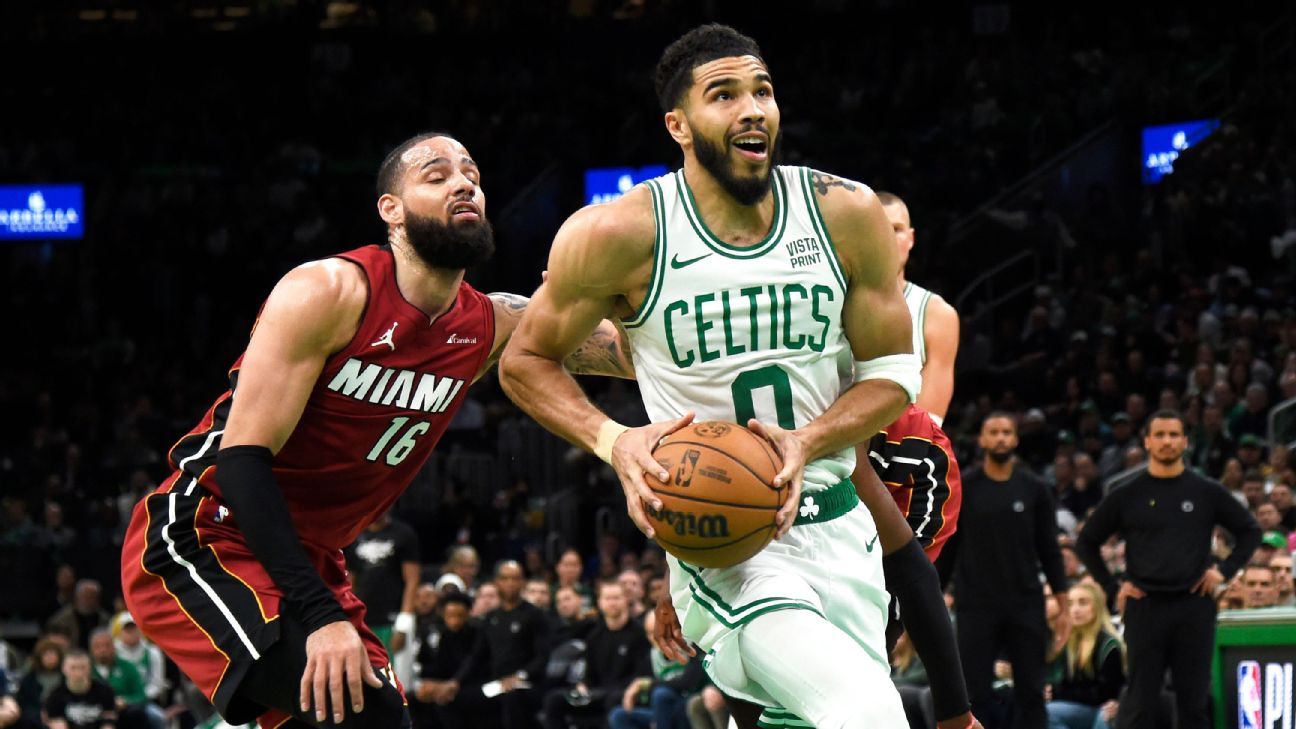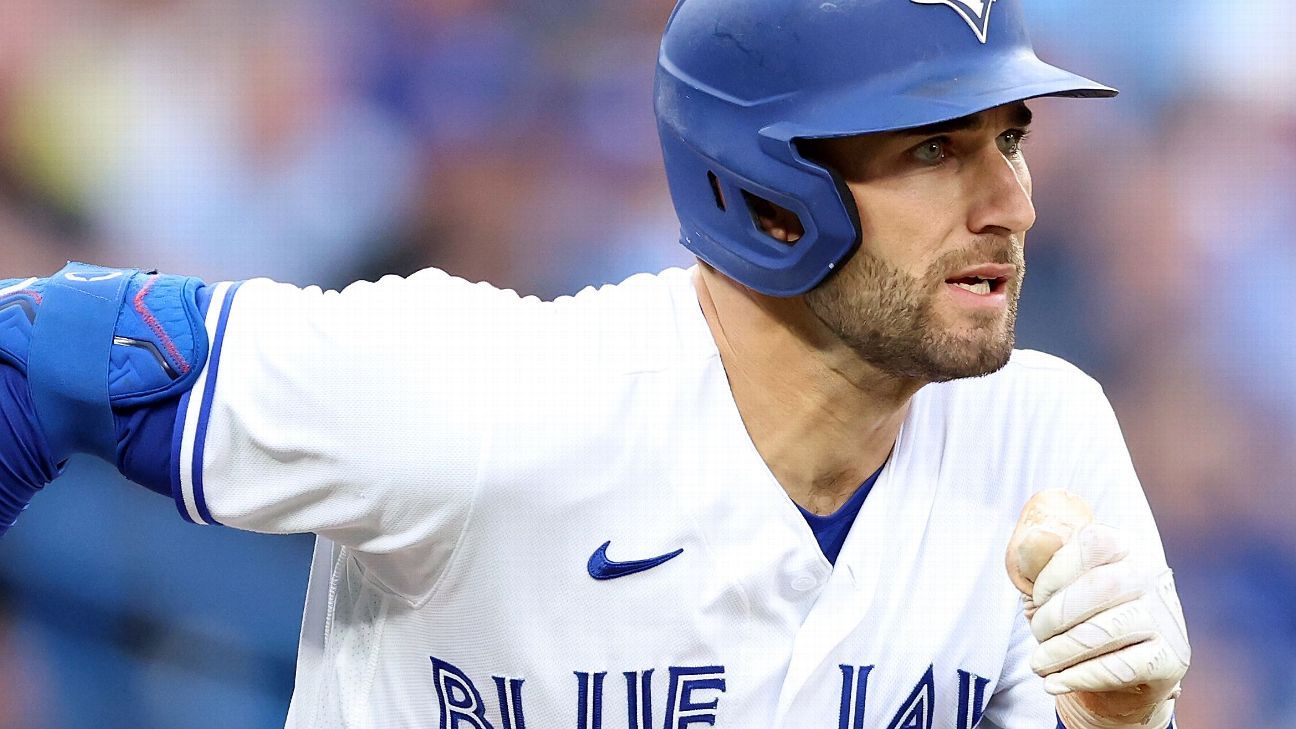
Taking steps to shore your body’s defences has never been more important. Peta Bee explains how to do it
Myths abound about how best to enhance your immune system, but which of the messages holds water? We have asked leading experts if there is anything you can do to heighten protection as you continue to train. Here’s what they say:
Take extra Vitamin C
According to government recommendations, adults need 40mg of vitamin C daily to stay healthy and the best source of it in our diets is fruit and vegetables. It’s not difficult to get enough if you eat a varied diet but, given its immune-enhancing benefits, should we be aiming to get more?
“Vitamin C plays a key role in immunity and that a deficiency of it can lead to a higher susceptibility of a cold or virus and while taking extra has not been proven to ward off infections, it might be helpful in reducing the severity and duration of them,” says Dr Jenna Macciochi, a lecturer in immunology at the University of Sussex and contributing editor of scientific journals including the Annals of Advanced Biomedical Sciences, who is also the author of a new book: Immunity – The Science of Staying Well (Thorsons).
“When we are ill, our immune cells need almost double the amount of vitamin C they normally do to fight an infection, so consuming more of it could be beneficial in marginally reducing the length of time you are suffering by around 8% in adults and 14% in children, on average.”
This is particularly true for athletes as studies have shown that vitamin C intake has a more potent effect on people who train hard.
In Finnish studies on marathon runners, a 1-2g daily dose of vitamin C supplementation almost halved the duration of a cold but had little effect on the sedentary participants.
Don’t stop training if you’re not infected
Whether or not intense training somehow hampers the immune system has been a subject of scientific debate among scientists for decades. In the 1980s and 1990s, some published papers suggested that the immune system of athletes might suffer following a long, hard training session or race with the body too fatigued to fight off infection.
Several studies at the time looked at marathon runners and ultra runners and found that their self-reported incidence of colds and other viruses after the event was higher than in the general population. Since then, researchers looked more closely at what happened following intense and prolonged training and documented how immune cells seemed to flood the bloodstreams of athletes as they exercised so that by the time they finished their blood had higher levels of immune cells than when they started.
However, that effect seemed short-lived as trials showed that hours after an event such as a marathon, the total number of immune cells in an athlete’s bloodstream plummeted, findings that were interpreted as a “window” of immune suppression that raised the risk of them catching an infection. It’s a belief that has persisted among coaches and athletes, but for which, it transpires, there is little convincing proof.
In a review that looked at all studies relating to athletes’ immune systems, published in the journal Frontiers In Immunology in 2018, Dr John Campbell, a lecturer in the department for health at the University of Bath, found that there’s no overwhelming evidence that hard exercise hampers the immune system. In fact, in studies where marathon runners were tested in laboratories after finishing races rather than simply self-reporting their upper respiratory infections, few were found to have colds and viruses and were often experiencing non-infectious after-effects such as irritated airways and dry throat.
“For 30 years I’d been told that arduous training suppresses the immune system,” Campbell says. “But our findings challenged that.”
He says that when athletes do come down with viruses after racing, other factors may be at play.
“At mass participation events, there’s no doubt runners are exposed to more pathogens and, as a result, more likely to pick up an infection, but it’s not because their immunity is low,” he says. “A lack of sleep, too much stress and a poor diet also influence whether some is more or less susceptible to infection.”
Consume carbs after training sessions
One thing you can do to enhance immunity after exercise is to eat well, says Campbell.
“It’s important as an athlete that you replace the energy and nutrients you have used in a session,” he explains. “That means making sure you replace carbs, fat and protein as well as vitamins, minerals and electrolytes.”
A 2017 study published in the Journal of Applied Physiology found the best way to avoid a dip in the immune system during post-training recovery was to consume carbs during or immediately after the exercise.
“Having stable blood sugar levels reduces the body’s stress response, which in turn, moderates any undesirable mobilisation of immune cells,” wrote Dr Jonathan Peake of Queensland University of Technology who led that trial.
His colleague and co-author, Dr Oliver Neubauer, said refuelling is particularly important for anyone training twice a day.
“Consuming carbohydrates in the first few hours immediately after strenuous exercise also helps to restore immune function,” says Neubauer. “This is especially important in situations where the recovery duration between two consecutive exercise sessions is short, which is often the case for athletes.”
Try to avoid alcohol
Alcohol does not provide any benefits to our immune systems but may have detrimental effects. It disrupts sleep patterns, for starters, and missed sleep disruption is known to raise the risk of infection.
“It also affects the gut microbiome with hard spirits particularly harmful when it comes to decreasing gut bacteria that benefit our immunity,” Macciochi says.
“Even one weekend of drinking more than usual can affect the function of immune-regulating organs like the liver and explains why people tend to fall ill after partying. Alcohol is best avoided at this time.”
Zinc supplements are worth a shot
Zinc is an essential mineral that’s needed by every cell in the body and is vital for normal development and function of cells that are involved in immunity. It’s not stored in our bodies, so a regular intake is vital – men need 5.5-6.5mg a day and women 4.0-7.0mg and you find it in a range of foods including meat, milk, eggs, fish, chickpeas, baked beans, pumpkin seeds, dried figs and Brazil nuts. Our ability to store it drops with age and deficiencies in elderly people have been shown to impair defence against infection.
“There is some evidence that zinc lozenges do help to prevent winter infections in children and test tube trials have shown that it seems to stop viruses getting into cells and improves the power of immune cells to fight infection although there’s no confirmation they are helpful to adults in real life circumstances,” says Macciochi.
If you do take extra, make it a lozenge and consume for no longer than recommended as it can irritate the digestive tract.
Look after your gut
How our gut microbiome influences immunity is a hot area of scientific research and emerging evidence suggests that good gut health is essential for warding off infection.
“Our immune system is incredibly complex involving a high level network of cells, tissues and organs that work together to fight off invaders,” says Dr Meghan Rossi, a research fellow in gut health at Kings College London and author of Eat Yourself Healthy (Penguin, £16.99).
“Around 70% of our immune cells live within our gut – it’s a system called the gut-associated lymphoid tissue (GALT) – and their job is to sift through the millions of foreign cells, some of which are harmless and some potentially dangerous, we are exposed to from things we eat and drink as well as from our gut microbiota.”
In addition to fighting off foreign invaders, the GALT keeps the rest of our cells and the gut microbiota in check.
“The gut microbiota themselves play a very important role in our body’s defence system and without them our immunity would be very week,” Rossi says.
So what should you be doing to keep your gut healthy? Rule number one is to fertilise the gut bugs already resident in your microbiome with a diet rich in ‘prebiotics’ provided by a diverse range of plant foods.
“Science has shown that we need 30 different types of plant-based foods each week to achieve the bacterial diversity required
for a healthy microbiome,” says Rossi. “That’s plenty of legumes, vegetables, nuts and seeds every day.”
It’s not as difficult as you might imagine to achieve this magic figure of 30 when you think a bag of mixed nuts might provide 6 or 7 different varieties, a salad 4 or 5. In addition, though, athletes might benefit from adding probiotic foods and drinks to their daily diet – these are products that introduce new beneficial bacteria to the gut including yoghurt, fermented foods, kefir and komchi.
“Probiotics describe microbes that are good for us,” Rossi says. “Different probiotics do different things, so variety of everything is key.”














 Phone: (800) 737. 6040
Phone: (800) 737. 6040 Fax: (800) 825 5558
Fax: (800) 825 5558 Website:
Website:  Email:
Email: 






